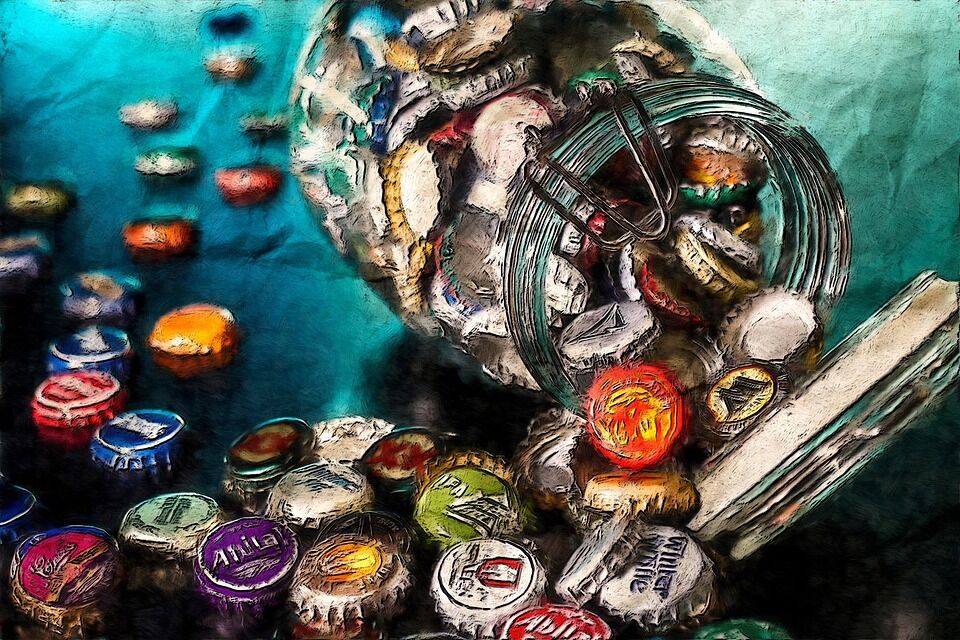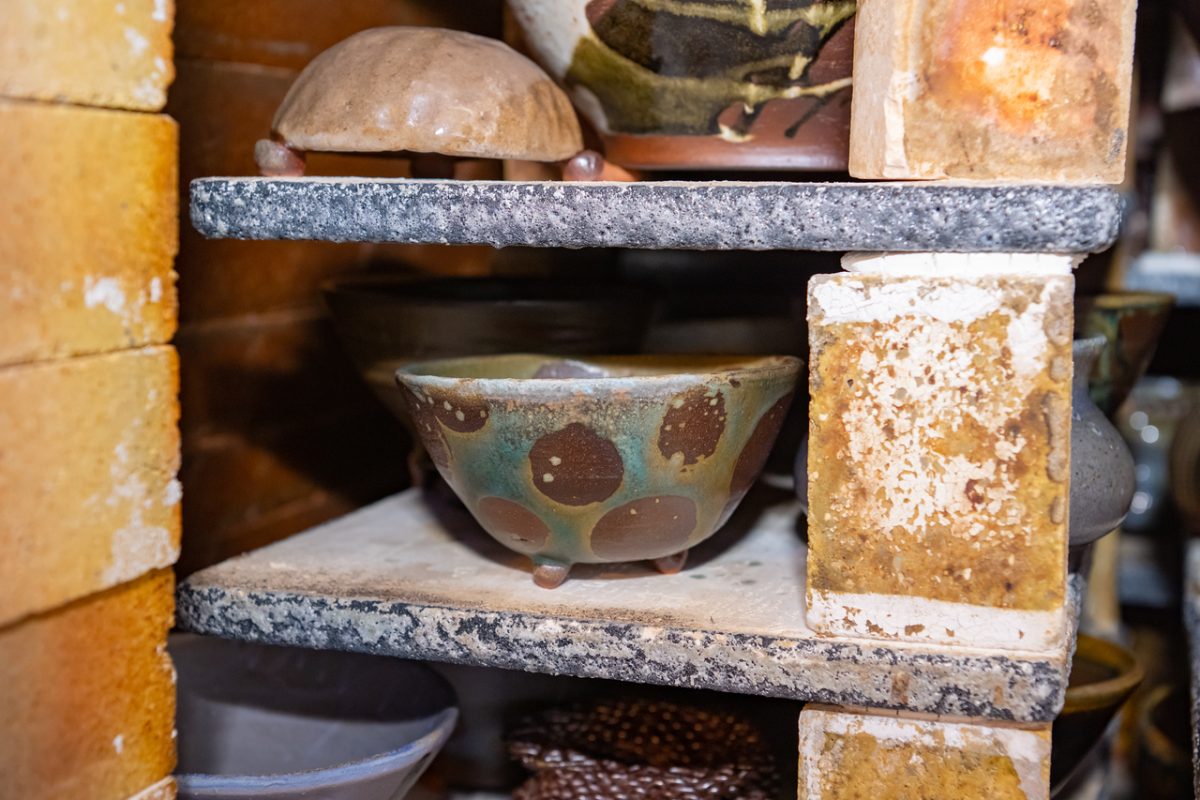Mixers are make or break for liquor-based alcoholic drinks, especially for college students who can’t afford top shelf alcohol. It comes down to sipping or shooting some crappy liquor or mixing liquor with something better.
The first thing you need to know about cocktail recipes is that they really don’t mean much. Yes, there’s the “traditional” version of each and every cocktail, but by substituting certain mixers for other mixers of similar variety, you can change the flavor profile of a cocktail.
All a mixer does, unsurprisingly, is mix a with a liquor or combination of liquors to cut, enhance or eliminate certain flavors. The easiest example of this is lime juice in margaritas: citric acid pairs well with the sweeter flavors of tequila. Most of your sweetness is going to be agave based, but if you add strawberry puree or pineapple juice, you can introduce a different type of sweetness.
Juices and Purees
Juices are essential for cocktail mixing. The most standard ones are lemon, lime, cranberry and orange. These all make a pretty wide variety of cocktails from palomas, to margaritas, to traditional mimosas. But there are a lot of other juices and purees that you can use to give yourself some variety.
Blood orange juice is an interesting way to alter the flavor profile of any cocktail that’s usually made with orange juice — without totally sacrificing the initial intention of the traditional recipe. It adds a tart flavor to accompany the classic orange. This gives you some freedom to alter your recipes in other unique ways and introduce even further alterations, but it’s not so far from the classic orange flavor that you have to alter every aspect of a recipe to accommodate it.
Blackberry, blueberry and raspberry puree offer a way to add sweetness and tartness to many traditional cocktails, or they can substitute for other sweet fruits to give a cocktail a totally new taste. One popular option is to add any of the purees to a whiskey smash. Simply adding a fruit puree, however, can significantly alter the taste of a drink. It can make it too sweet or too tart, so a little thought and consideration might be in order.
If you make a blackberry smash, for example, you might want to substitute the lemons in a normal recipe for a slightly smaller quantity of limes to balance the sweetness levels. If you’re looking to substitute a puree, like in a daquiri, there is much less balancing involved.
Sodas
No conversation about unique mixers in the South is complete without Cheerwine. For any cocktail that traditionally uses Coke as a mixer, try Cheerwine instead. It gives it a much sweeter taste and a bit less of the cola flavor. It can also be used to substitute for a wider variety of mixers to introduce totally new flavors, such as grenadine or Sprite (or both).
One great option for this is to make a Long Island iced tea with Cheerwine instead of Coke. If you leave everything else in its usual proportions, it’ll add a hint of cherry and a bit of sweetness. But you can also change a lot within the recipe to give you a totally new drink, such as using lime juice instead of lemon (which will remove some of the sweetness and replace it with bitterness).
Beyond straight up substitution, Cheerwine offers several options for drinks that can’t be made nearly as well with alternatives. An easy cocktail that’s best with Cheerwine is a spiked cherry limeade: a little lime juice, a half glass of Cheerwine and a clear liquor of your choice (rum, vodka, tequila, etc).
An ingredient that comes up in a surprising number of cocktails but is easily overlooked is ginger beer. Because of similarity to ginger ale, people will often substitute it without understanding the difference. If a cocktail is centered around the flavor of ginger, then that is a terrible substitution to make. Ginger beer has a much stronger ginger flavor, whereas ginger ale has a lighter ginger flavor with more bubbles.
When looking to try some new soda mixers, a great option is to take a look at any brands that you aren’t super familiar with, the generic brand or take a peek at the grocery store’s international section. This can help you expose yourself to flavors that you haven’t necessarily been exposed to before.
Syrups and flavorings
There is a whole host of additive syrups or other flavorings that can add variety to cocktails. Simple syrup and grenadine are common additives, but there is so much to try beyond that. There are plenty of non-alcohol based syrups that can be used in both cocktails and virgin drinks. . Cordials offer a large variety of flavors that are much harder to introduce into cocktails naturally without diluting the flavor such as blue curacao, sour apple and butterscotch (my personal favorite).
Often overlooked are the wide host of herbal/flowery flavored syrups. These can be anything from elderflower to rose to lavender. Some can be used to give drinks a lighter, more refreshing flavor and others can be used to give an earthy flavor, especially when used in combination with certain spices and garnishes. The great thing about these is that you can add as much as you want to give the flavor profile that you want without increasing the alcoholic content needlessly.
Cordials are an interesting classification of drink. They generally consist of liquors of some infused or flavored variety. Most commonly known of these are schnapps, Kahlua (coffee based), Fireball (cinnamon based) and amaretto (almond based). Schnapps are often infused with the widest variety of flavors.
Butterscotch schnapps is probably my favorite schnapps variety to keep on hand because it can be used to make a number of warmed drinks that are perfect for fall and winter (keep an eye out and I’ll share some in the coming weeks). Peppermint (and other mint flavors) are also a great idea to keep on hand to make plenty of winter holiday– themed drinks.
Dairy (or alternative) based mixers
Don’t be too quick to shy away from dairy (or dairy alternative) based drinks. There are plenty of interesting drinks you can make from milk (or your preferred alternative) that people sometimes forget contain milk or something milk–based. There are also a number of cream-based liquors that are used in plenty of unique drinks.
Bailey’s is one specific brand that produces predominately cream– based liquors, but the company is most well known for their Irish Cream, which has flavors of Irish whiskey, cacao and cream. Bailey’s is also essential to drinks such as Irish coffee (I like mine with an extra splash of Jameson), chocolate martinis, boozy milkshakes and white Russians. It’s an ingredient that takes a little more thought to create something that you’ll enjoy, but it pairs well with many coffee, chocolate and dessert flavored drinks.








